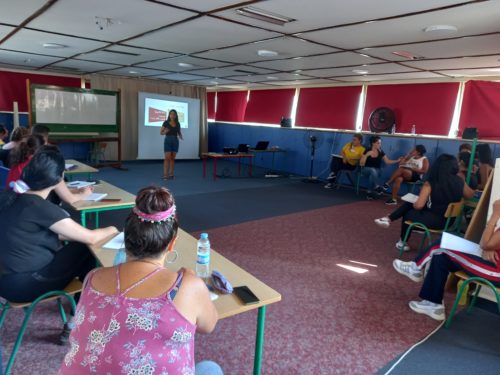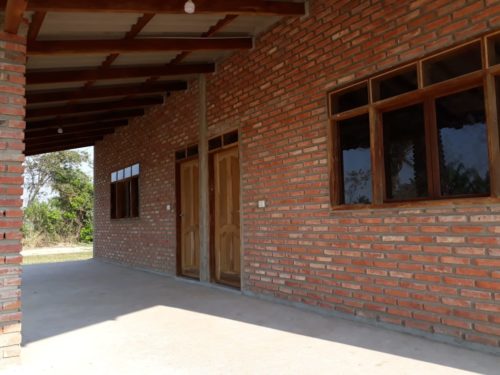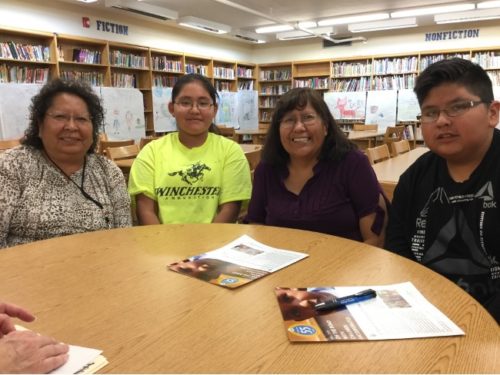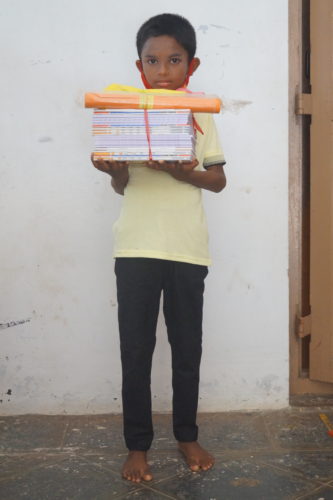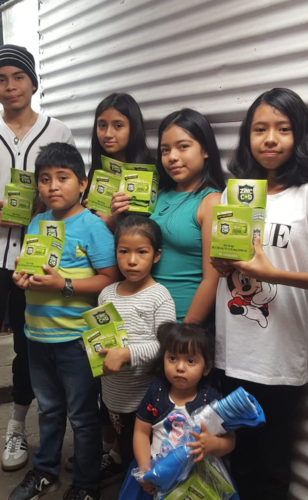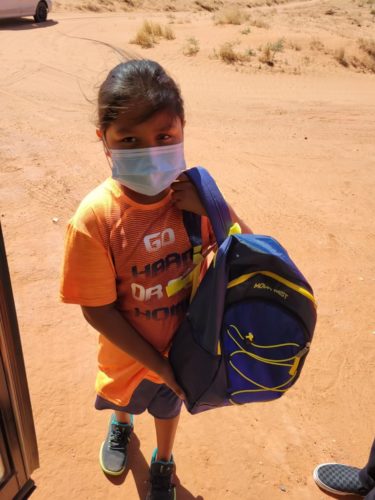Morgan County is located in the northeastern part of Kentucky amongst a terrain of rolling hillsides, with no true mountains. The Licking River, the main waterway in the county, runs through its eponymous valley, which houses the county seat, West Liberty. It is a truly beautiful county, although not an area of our country without its problems.
Children Incorporated is remembered fondly to the community of Morgan County for raising over $10,000 in disaster relief funds in 2012 from our sponsors and donors.
Morgan County was never a very active coal mining area, although it was — and continues to be — impacted by the decline of the coal mining industry across eastern Kentucky. Historically, most of the county’s coal mining camps were opened between 1907 and 1909, and most closed in the 1920s as larger, more lucrative coal deposits were discovered elsewhere. The last camp, in Cannel City, closed and laid off its 250 employees in 1933. Back then, that meant that miners who chose to reside in Morgan County would commute, usually by train, to more southern counties that had bigger operations and were more profitable for their owners.
Present-day Morgan County
Today, Morgan County’s economy is primarily farming — cattle and burley tobacco, as well as sorghum, a cereal grain that is primarily used as livestock feed, which is also turned into ethanol. Kentucky leads the nation in sweet sorghum production, with the plant being boiled down to become sorghum molasses.
Each September, Morgan County hosts a Sorghum Festival in West Liberty. Highlights of the weekend include the Morgan County Sorghum Bowl, which is a football game featuring Morgan County High School and a neighboring rival, and the crowing of the Sorghum Queen during halftime. The weekend also includes a busy arts and crafts fair, which includes demonstrations of the sorghum being boiled down into syrup.
A History of Helping in Morgan County
In 2012, devastating tornadoes swept through eastern Kentucky. Morgan County was one of the hardest hit, with a tornado causing a great deal of damage in West Liberty. Among other businesses destroyed by the tornado, the Morgan County Tree Nursery was lost. By 2014 it was rebuilt and had seedlings in production. Today, the county’s tree seedling operations help fuel the Commonwealth of Kentucky’s $12 billion-dollar timber industry.
Children Incorporated is remembered fondly to the community of Morgan County for raising over $10,000 in disaster relief funds in 2012 from our sponsors and donors. The first of this aid was personally delivered to Morgan County by our President and CEO, Ron Carter, during a visit to our affiliated projects after the tornado.
Morgan County High School

Our volunteer coordinator Alicia, is pictured with one of our sponsored children at Morgan County High School.
Morgan County High school educates about 611 teenagers — 71% which come from low income families. In addition to the federal free breakfast and lunch program, the high school is one of three in the county to offer an early free supper on select days. Kids may stay after school from 3:15 p.m. to 4:15 p.m. and report to the cafeteria.
“During my last visit to the school in 2019, I was so pleased to see that there was a new building in place since the last time I had been in Morgan County in 2017,” explained our Director of U.S. Programs, Renée Kube.
“The building was completed in the fall of 2018, with the students moving in after fall break. Over the summer of 2019, the old school building was demolished, and a parking lot was built in its place. The area looks totally different than my last visit — even the huge gym, which was housed in a separate building, is being refaced to match the look of the new building.”
A proud coordinator
“Over the years, our volunteer coordinator at Morgan High, Alicia, has really built up the programs that the Family Resource Center offers to students — from offering school supplies and clothes to students to offering support for parents — Alicia works so hard to ensure that kids and their families are getting the resources they need,” said Renée.
“Over the years, our volunteer coordinator at Morgan High, Alicia, has really built up the programs that the Family Resource Center offers to students.”
“One of the programs she is most proud of is the weekend feeding program. Because Alicia understands that receiving food to take home can be embarrassing for her students, she runs the program with a great deal of sensitivity, filling book bags that look just like all the other book bags in the school so kids don’t feel singled out or look different from their peers.”
“During my visit, Alicia said one of the biggest problems in the county is drugs. People get hooked for a variety of reasons, and they degenerate into thinking only of their next fix. She wants the students at her school to avoid the trap of hopelessness, and to see that their futures can be different and better,” explained Renée.
“In helping them, Alicia tries to get her students to take advantage of a great after-school program at the Area Technology Center in town, where trades such as welding or mechanics are taught so high school age students can see that they have career options once they graduate and don’t fall into the same despair as many adults around them have.”
***
How do I sponsor a child in the United states?
You can sponsor a child in the United States in one of three ways: call our office at 1-800-538-5381 and speak with one of our staff members; email us at sponsorship@children-inc.org; or go online to our sponsorship portal, create an account, and search for a child that is available for sponsorship.

